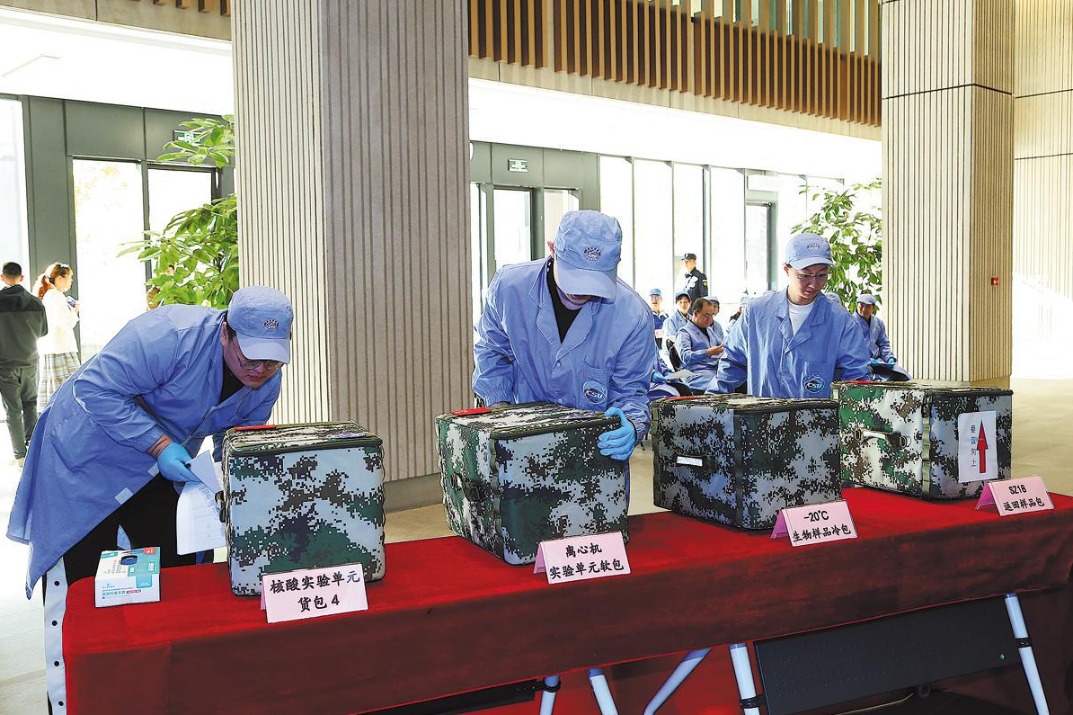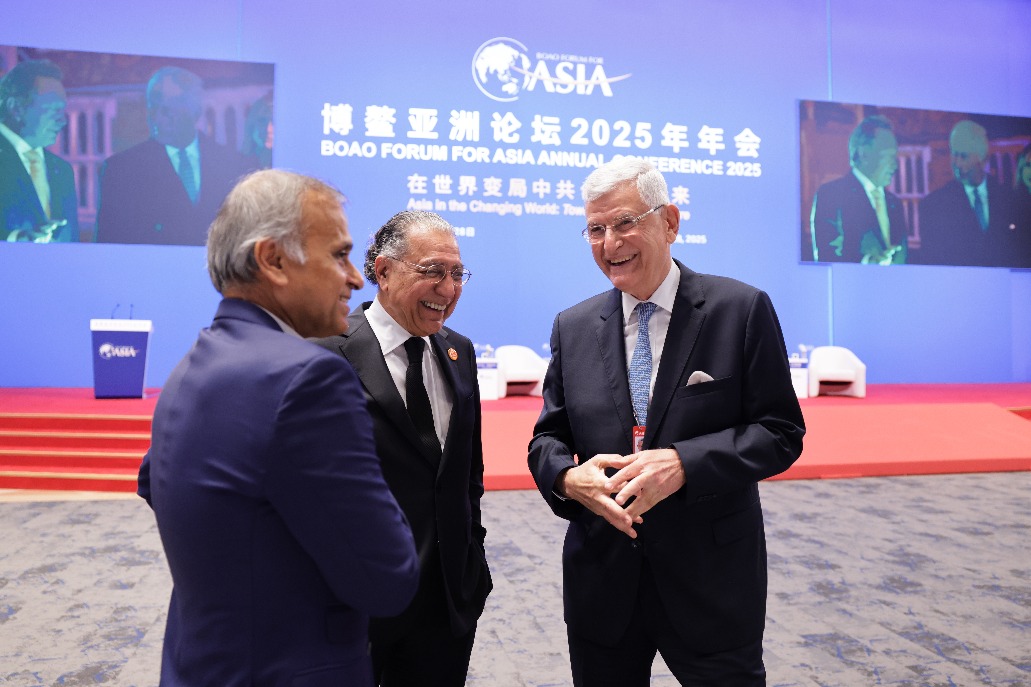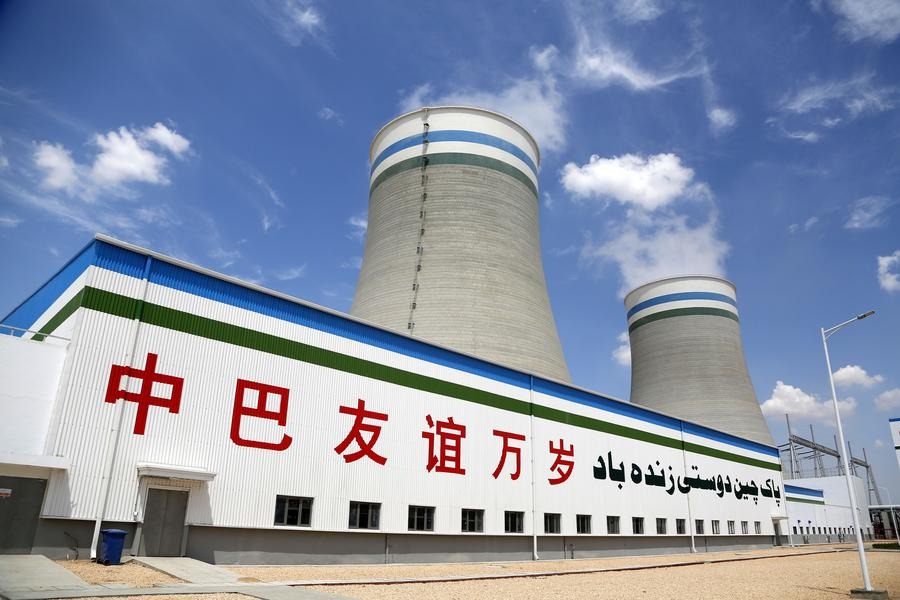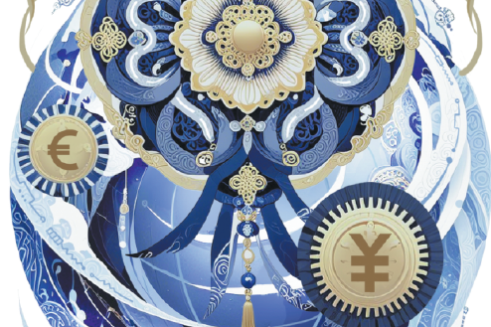The 'reverse kissinger' move: A déjà vu illusion


More than 50 years ago, on a summer night, a solitary, hunched figure who feigned a gastric upset boarded a plane in the pitch dark. He flew over the Himalayas from Pakistan to China. The rest, as they say, is history. Dr Henry Kissinger's secret visit to China paved the way for an unexpected meeting between President Nixon and Chairman Mao, a move that changed the course of the world.
The recent détente between the US and Russia, in the eyes of the Washington foreign policy establishment, seems like taking a page from Dr Kissinger's playbook. Dubbed a "reverse Kissinger", the US is extending an olive branch to Russia in Ukraine negotiations, hoping to pry Russia away from China. But will it succeed?
Higher, stronger — together
As it stands today, the China-Russia relationship, characterized as a Comprehensive Strategic Partnership of Coordination for the New Era, is a high priority in the two countries' diplomacy.
Politically, the recent US-Russia talks in Saudi Arabia led some to rejoice about potential Russian "estrangement" from China. But speculation was soon brushed aside by the ensuing talks between the two. Russia's head of state and top diplomat both interacted with their Chinese counterparts, briefing China on the latest interactions with the US and keeping China in the loop.
Economically, China-Russia trade ties run deep. China has been Russia's top trading partner for 15 years running. In 2024, two-way trade stood at $244.8 billion, a record high, dwarfing that between Russia and the US. And 95 percent of Russia-China financial settlements were conducted without a third-country currency. Even if American sanctions were to be lifted someday, this new settlement pattern, well established as it is, would continue to grow.
Adding to that is the fact that bilateral imports and exports between China and Russia are diversifying. Besides gas and oil, other sectors such as tech innovation, car manufacturing and green development also take up much larger shares. Last year, China's Zeekr was the most popular pure EV brand among Russian customers, outstripping other EV makers.
More than that, it's a win-win for both.
Chinese brand Voyah is rolling off its production line at the plant of Motorinvest, a popular Russian auto manufacturer. Thanks to the local production, these cars will be covered by Russia's easy-term vehicle loan program. In other words, Russian customers will drive their new Voyah cars at a discount. A win-win for Voyah, Motorinvest and Russian drivers.
Multilaterally, Russia and China collaborate closely within the Shanghai Cooperation Organization, BRICS, the G20, and the UN to buttress the Global South. This year, the two countries, which fought side by side in the Second World War, will jointly advocate for an accurate historical view of WWII and defend its victorious outcomes.
Reverse of the reverse Kissinger move
To expect that a "reverse Kissinger move" will reverse China-Russia coordination is, to say the least, wishful thinking. Rather than placing their bet on sheer speculation, US analysts should look at Washington's relations with its European allies. Disagreements across the Atlantic abound, most notably on Ukraine. The entente between the US and its transatlantic allies is split, as evidenced by America's bypass diplomacy — having talks with Russia without informing its European allies beforehand — and its consensus with Russia vetoing a Europe-backed Ukrainian resolution at the UN. Washington's recent reluctance to call Russia an "aggressor" in the G7 statement also alienates the country from the Europeans.
The US-EU discord surfaces in discussions not only for geopolitical solutions but also for tariff lines. Sweeping US tariffs leave no country unscathed. If the US' 200 percent tariff hikes on European wine indeed kicks in, its trade ties with the EU will further sour.
Kissinger's talks with then-Chinese Premier Zhou Enlai in 1971 drew China and the US closer. However, 54 years later, the world could not be more different than the one behind the Iron Curtain: China-Russia ties are stronger than ever, defying any attempt to create a wedge, a trust deficit hangs over the US and Europe, and America's tariff targets abound.
The so-called "reverse Kissinger move" may trigger a sense of déjà vu, but such a strategy is unlikely to succeed against China and Russia.
Xin Ping is a commentator on international affairs, writing regularly for Xinhua News Agency, Global Times, China Daily, CGTN etc. The views don't necessarily represent those of China Daily.
If you have a specific expertise, or would like to share your thought about our stories, then send us your writings at [email protected], and [email protected].


































